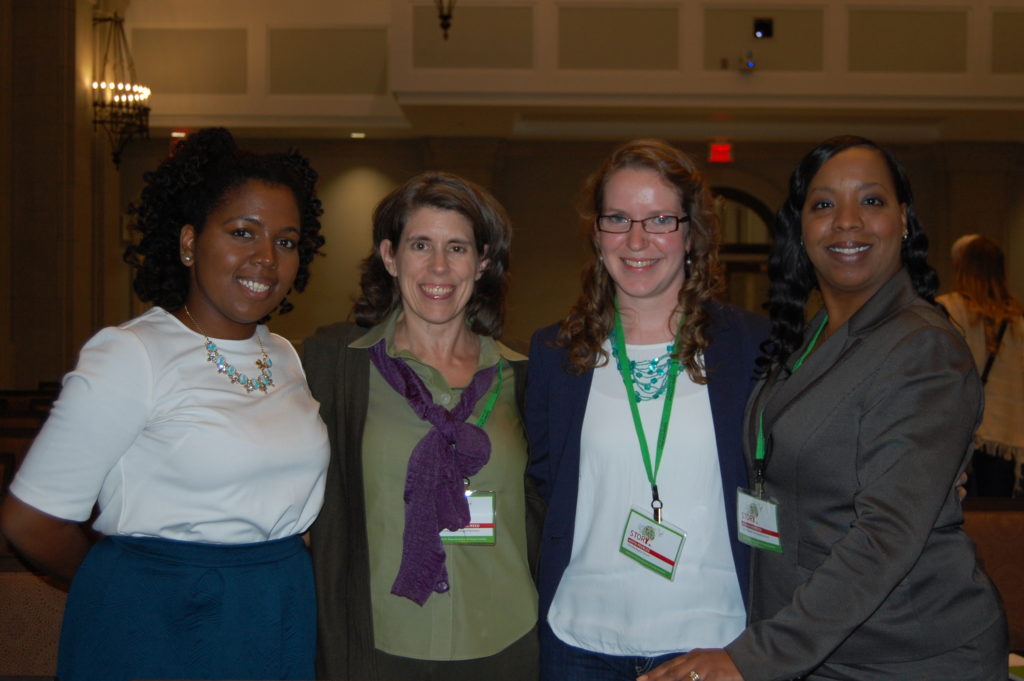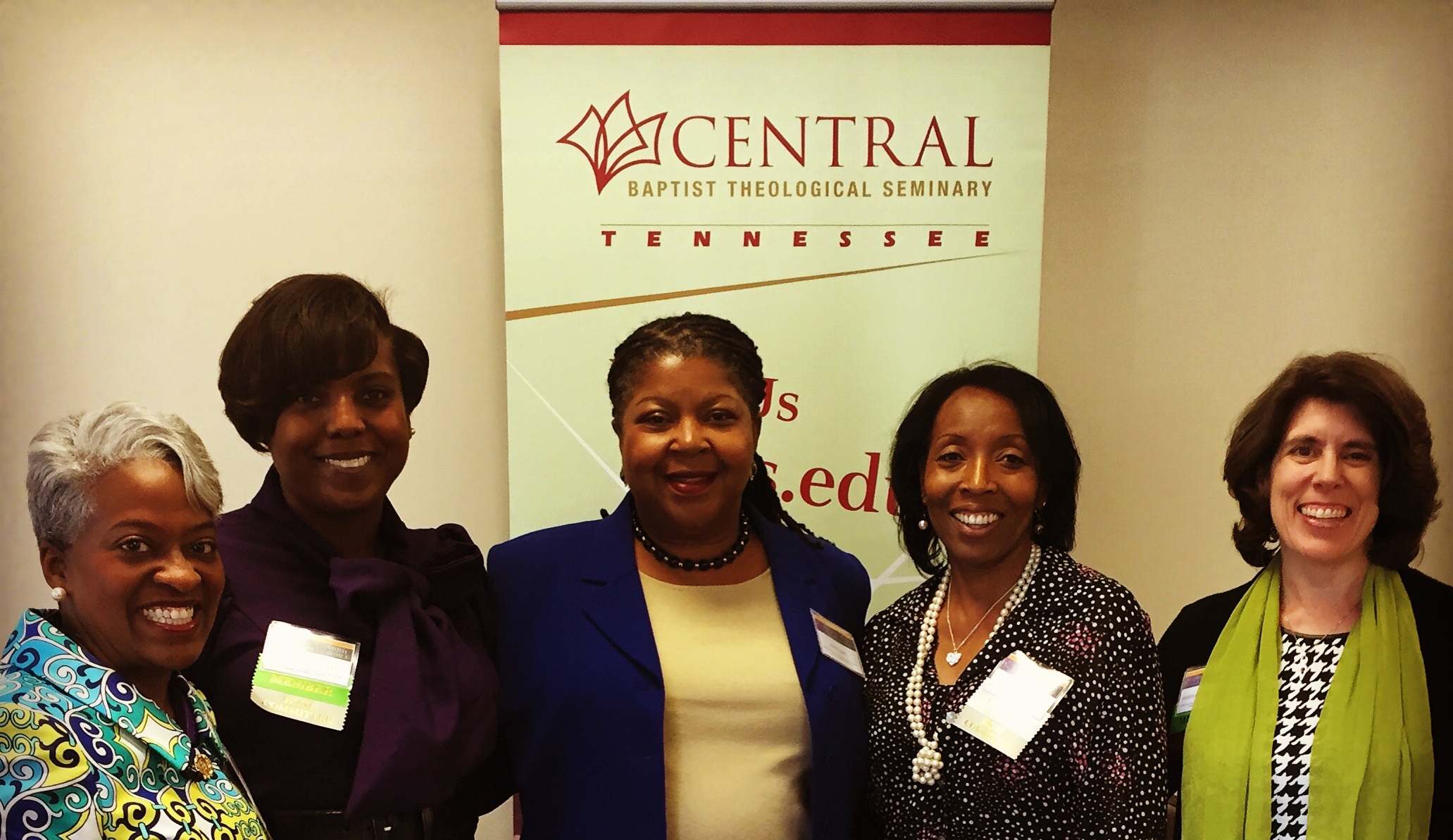Seeking Pastoral Wisdom
Part 1: Mentoring
It is something most ministers want. And it can feel impossible to find. Yet seeking pastoral wisdom is vital for the work of the church and for leading people of faith.
Becoming pastorally wise is what I call a “big squishy goal,” or as one of my students put it, “a big scary goal.” She’s right. It can be scary to aim for something so profound as wisdom. Big goals require personal risk, and you cannot go it alone. They take time, and there are no guarantees you’ll ever fully embody the wisdom you long for.
When I was in the parish full time I faced an endless string of dilemmas and decisions that called for pastoral wisdom. Everything from the sudden death of a 40-year old father, to a teen aged nursery worker who slapped her brother in front of other children; from disgruntled youth parents, to parishioner confessions of sexual indiscretion. Then there were all the mundane decisions of every day and week which called for wisdom, decisions that felt impossible to get right a lot of the time.
Wisdom in pastoral work is worth a big effort because it is the heart and soul of ministry. Yet wisdom often remains elusive because it takes so long to cultivate. That’s the squishy part.
 There are no google maps for getting to wisdom. However, there are many stories about the ways to travel and pitfalls to avoid. Like my brief list above, each decision and dilemma in ministry, is unique, calling for it’s own particular wisdom. But not everything about pastoral wisdom is squishy. Many concrete actions and resources can help one nurture pastoral know how.
There are no google maps for getting to wisdom. However, there are many stories about the ways to travel and pitfalls to avoid. Like my brief list above, each decision and dilemma in ministry, is unique, calling for it’s own particular wisdom. But not everything about pastoral wisdom is squishy. Many concrete actions and resources can help one nurture pastoral know how.
Mentoring for Pastoral Wisdom
One of the concrete steps toward becoming a wise pastoral presence is to open oneself to mentoring. Those who are further along the pathway give us a vision of what learning over time looks like. A wise pastor leads people to make a visionary and life-giving choice. She cares for a family in crisis. He preaches a timely sermon. They write a superb liturgy.
Beyond modeling pastoral wisdom in action, mature ministers can also become companions and conversation partners. Pastoral ministry is relational through and through. And mentoring is one of the more fruitful ways to navigate the endless thicket of pastoral relationships.
I remember sitting in the floor of my living room chatting for a couple of hours with a visiting pastor who had led our congregation on a retreat. That one “mentoring moment” with her gave me so much to think about and return to for its wisdom. Not all mentoring must take the form of regular meetings on a monthly basis. Both the “mentoring moment” and the “long term relationship” of mentoring can be extremely profound and valuable.
The following three questions will help you as you cultivate mentoring relationships to support your big ministry goals.
What qualities or skills should I look for when I am seeking a mentor?
Look first for someone who embodies the skills and capacities you want to embody for yourself. Seek out someone with relational skills, a strong capacity for listening, and a willingness to give honest and graceful feedback. Look for a mentor, or someone to ask a mentoring question, who possesses a clear willingness to connect in a personal way. Ministry grows through relationships, and stories are key for transferring wisdom. So look for a minister that you connect with and who easily hears and shares stories.
How can I make the most out of a mentoring relationship?
Set yourself up for a good mentoring engagement by having realistic expectations. This is not your best friend, your spouse, or your mother. You can help set good expectations by asking thoughtful questions that focus on ministry skills. And after you ask your questions, listen carefully to what a mentor says. Follow your curiosity to learn more.
If you and your mentor have a formal relationship – where you’ve each agreed that your purpose is mentoring – then make appropriate time for each other, and keep your commitments to meet. Come prepared with topics you want to discuss, but don’t simply interview your mentor. Get to know her. Ask him to share a story. Listen closely and be willing to share appropriately of yourself.

How can I get the benefits of mentoring without making a long-term commitment?
Perhaps you have a particular need or a specific skill you are trying to improve – on the longer road to pastoral wisdom. Look around for a pastor you think can help. You can benefit from both formal and informal mentors. When you are driven to engage another minister by your curiosity and your need for help with the ministry life, each of you can benefit from the exchange that transfers some bit of pastoral wisdom.
To be sure, not every mentoring relationship nor every “mentoring moment” works out as we expect. Some work out better than expected and some mentoring relationships never quite click. But if you long for that elusive pastoral wisdom, take a risk and ask.




